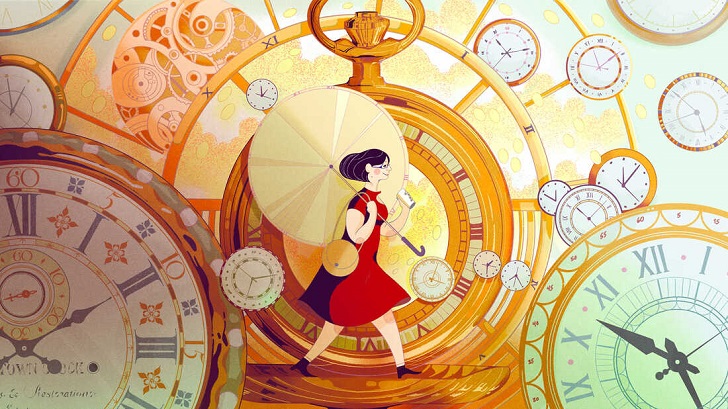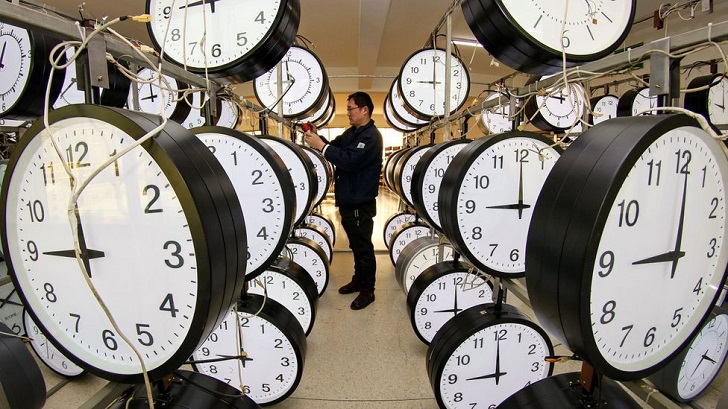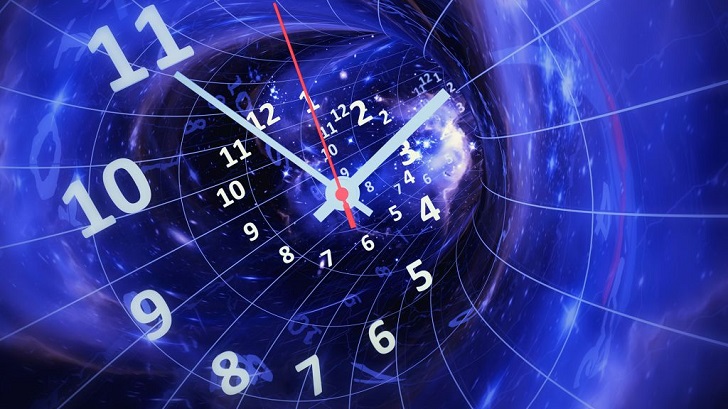Time is a fascinating and mysterious aspect of our universe that has captured the imagination of scientists, philosophers, and artists alike for centuries. Here are some amazing facts about time that might surprise you:
The Concept of Time is Relatively New
The concept of time as we know it today is a relatively new invention. Ancient civilizations such as the Babylonians and Egyptians had a basic understanding of time based on the movement of the sun and the stars. Still, the concept of time as a duration measurement is a much more recent development.
Time is Irreversible
One of the most fundamental aspects of time is its irreversibility. Once an event has occurred, it cannot be undone, and time moves inexorably forward.

Islenia Milien/ NPR | The future is something that everyone reaches at the rate of sixty minutes an hour
The Speed of Light Defines Time
The speed of light is a fundamental constant of the universe and plays a crucial role in defining time. The length of a second is defined as the duration of 9,192,631,770 periods of radiation, corresponding to the transition between the two hyperfine levels of the ground state of the cesium-133 atom.
The Longest and Shortest Timescales
The longest timescale in the universe is the universe's age, estimated to be around 13.8 billion years. On the other hand, the shortest timescale is the Planck time, which is the time it takes light to travel the Planck length, the smallest possible unit of length.
Time and Consciousness Are Intertwined
Time and consciousness are intimately linked, and our perception of time is closely related to our state of consciousness. For example, time can move more slowly when bored or anxious, while it can fly by when we engage in an enjoyable activity.
Time Can Be a Source of Inspiration
Time has been a source of inspiration for artists and writers throughout history. It has been the subject of countless paintings, poems, and novels, inspiring creative works today.

Richard Fisher/ BBC | The key is not just about spending time, but in investing it
Time Can Be Distorted by Gravity
Time can be affected by gravity. The closer you are to a massive object like a black hole, the more time slows down. This means that time can be distorted and appear to move differently depending on your location in space.
The Earth’s Rotation Is Slowing Down
The Earth's rotation is gradually slowing down due to the Moon's tidal forces. This means that days are getting longer by about 1.7 milliseconds per century.
Time Has a Direction
Time has a directionality, and events always move forward in time. This means that we can remember the past but cannot see the future.

Shutterstock/ Space | Time is money
Time Can Be Distorted by High Speeds
As objects approach the speed of light, time appears to slow down. This means that time can be distorted by high speeds and appear to move differently depending on the observer's velocity.
Time Is a Fundamental Aspect of the Universe
Time is a fundamental aspect of the universe woven into the fabric of space and time. It is a constant reminder of our place in the universe and the fleeting nature of our existence.








